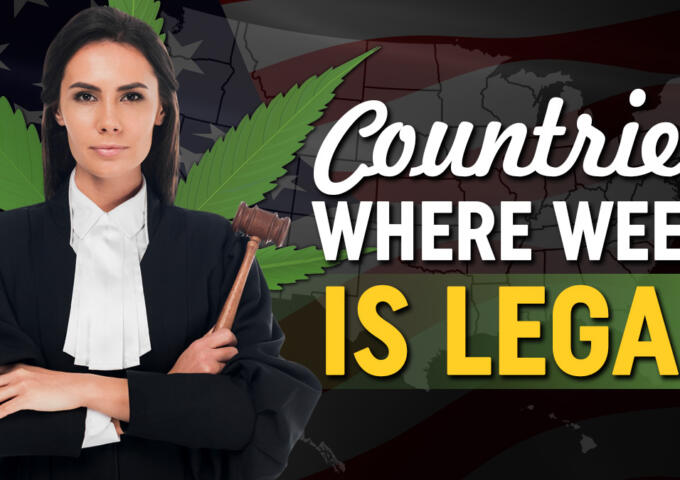The crescendo of cheers and “Yes We Can” chants swells as President Obama takes the stage. People in the crowd maneuver to catch a glimpse and are hanging on his every word, nodding in agreement, cheering voraciously as he rips into Republicans.
“I’m absolutely confident we will win [the midterm elections],” Obama says at a rally several weeks ago at Germantown High School. “What [the Republicans] are counting on is you’re going to stay home. They’re counting on your silence, they’re counting on your amnesia, they’re counting on you’re apathy. Let’s prove them wrong!”
Hold that thought, Mr. President.
Just two years after Obama’s soaring rhetoric and promises of change convinced normally apathetic 18 to 29 year olds to vote in record numbers—turnout was 51 percent—polls suggest that the magic will not prove nearly as convincing this time around. A Rock the Vote survey taken in September that polled young voters from ages 18 to 29 showed that 59 percent are more cynical about politics now than in 2008.
How is it that in the midst of an economic downturn, young voters seem so uninspired about an election that will decide the next leader of the state? Not to mention a senator who could determine which party holds the majority in Congress?
Part of the problem, says Dr. Terry Madonna, a professor at Franklin & Marshall University and director of the Franklin & Marshall Polling Center, is that young voters don’t find the issues in midterms compelling.
“They don’t see any direct relationship to them,” Madonna says. “Young voters are in school or trying to find a job, they’re not homeowners, they’re in transition, and that’s typically not an ingredient that leads to consistency in voting.”
Oh, and Obama’s not on the ballot this time. Right now, the Democrats hold solid majorities in both chambers, but there are some foreboding numbers amongst young voters that suggest the Democrats have lost touch with their base. The Rock the Vote survey showed that Democrats have lost a 40-point favorability rating over Republicans since the last midterm election—65 percent in 2006 compared to 25 percent in 2010—and 36 percent of young voters say it doesn’t matter to them which party controls Congress, which of course is what the midterms are all about. Matt Hogan, vice president of the Washington, D.C.-based Anzalone Liszt Research Center, a Democratic polling powerhouse that conducted the Rock The Vote surveys, says that young voters generally view Congress much more negatively than they do Obama, partially because of the influence of lobbying and special-interest groups.
“For a lot of these people, they don’t see a huge difference between the two parties,” Hogan says.
The Democrats seem bogged down by the anti-government rancor that has helped birth the Tea Party movement, but their feckless approach to governing since 2008 has also alienated liberal voters. According to Rock The Vote, 89 percent of young voters say that they would be much more likely to support a candidate who wanted to invest in renewable energy and create green jobs, yet climate legislation has stalled because the Senate can’t get on the same page to pass a comprehensive bill. And 93 percent of young voters are gravely concerned with the rising national debt and a trillion-dollar health-care bill with major provisions that won’t kick in for another three to four years. Democratic voters are concerned that the government is out of control with its spending, and their elected officials seem to have done little to allay these fears.
Nick Maimone, a 21-year-old senior at University of the Arts, says the only way he would get involved in politics at this point is if the government re-instituted the draft. “Lately, I don’t think it matters because I think no matter who’s president we’re all gonna be satisfied and unsatisfied, so fuck it, leave it to whoever else.”
And the sputtering economy?
“Hopefully, it clears up in the next semester and a half.”
But the recession isn’t a distant reality to all young voters. John Evans, a registered Republican and 21-year-old senior at University of Pennsylvania, says the GOP provides him with a more fiscally responsible option for the future.
“[The Republicans] are going to lower taxes and reduce government spending,” he says. “I’m thinking about social security in 40, 50 years. Is that going to be broke because we’re spending like crazy?”
The candidates themselves haven’t really done their part to galvanize young voters, either. Democratic gubernatorial candidate Dan Onorato hails from Allegheny County, and his speaking style is far from electrifying. His Republican opponent, Tom Corbett, comes off as an out-of-touch elitist, especially after saying early in the campaign that people “are just going to sit there” if the state extends unemployment benefits. Senate candidates Joe Sestak, the Democrat, and Pat Toomey, the Republican, keep token Facebook and Twitter accounts, but studies are showing that they are still not doing enough to reach out to young people. A Franklin & Marshall poll shows that both Toomey and Sestak are appealing to older voters. The poll shows that 45 percent of voters age 35 to 54 are likely to vote for Toomey, and the numbers drop to 27 percent with voters 18 to 34. Sestak’s base is even older, with 36 percent of voters 55 and over likely to vote for him compared with a 24 percent with the 18 to 34 bloc.
“With the presidential election, they got people in our age range way more involved. They cared more about what we thought in that election over [the midterms],” said Carlita Mendoza, a senior at Temple who voted for Obama in ’08, but says she isn’t voting in the midterms. “I feel like they need to come at younger voters when it comes to the [state] elections.”
Even the young voters outside of the college universe find the candidates difficult to relate to. Charles Southgate, 29, says he’s voting, but not because he finds any of the candidates particularly exhilarating or trustworthy.
“Anything to keep the Tea Party out,” he said. “But I don’t trust any of [the current candidates]. There’s no one to get excited about, no one [young voters] can champion as their own.”




